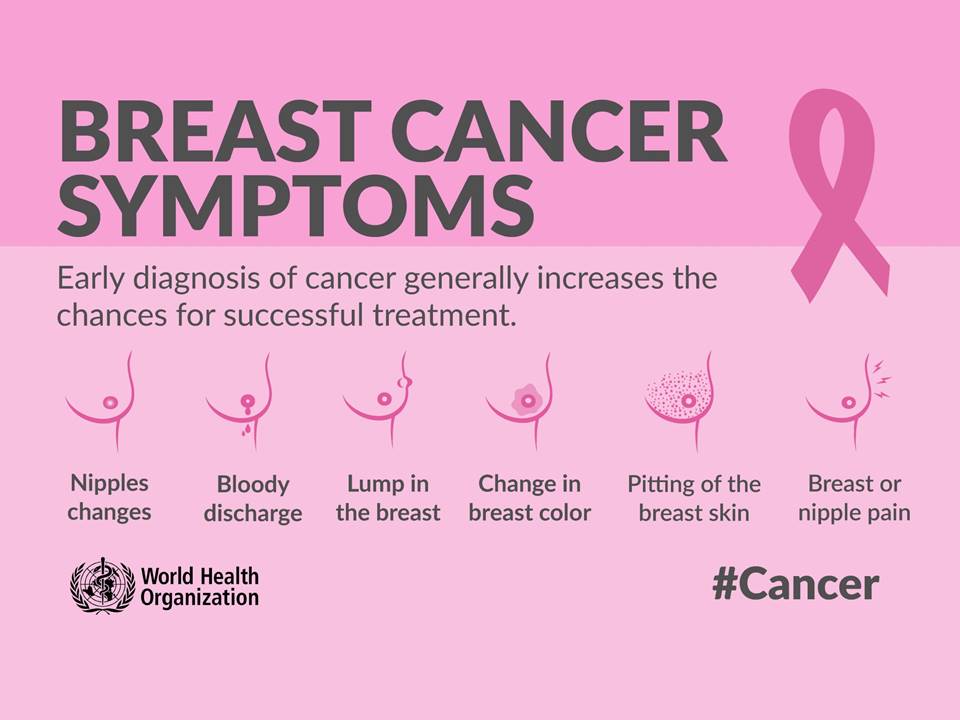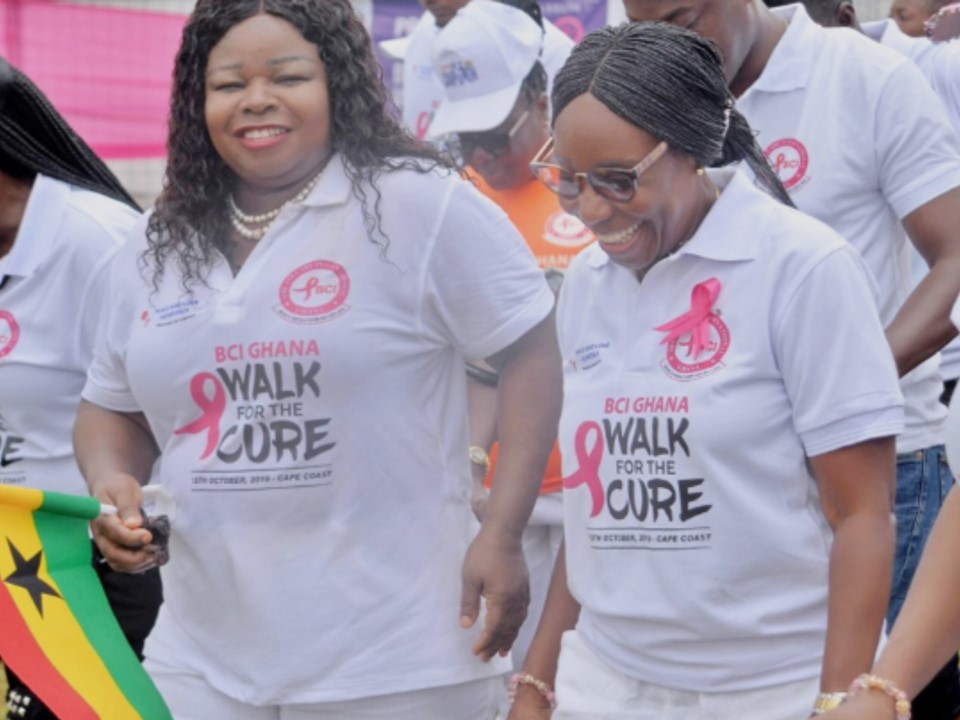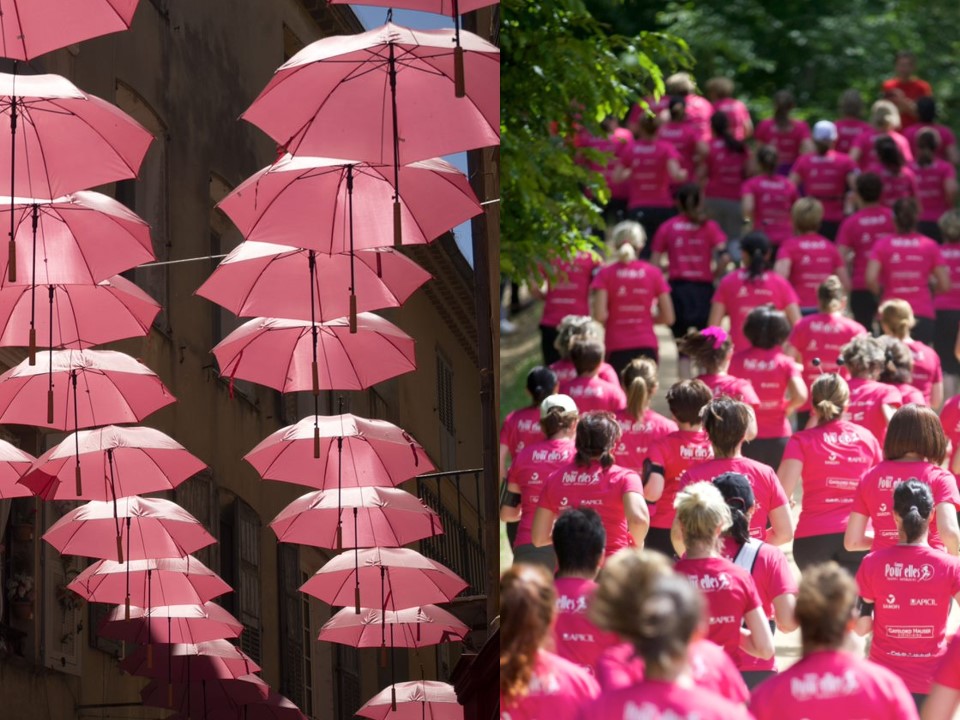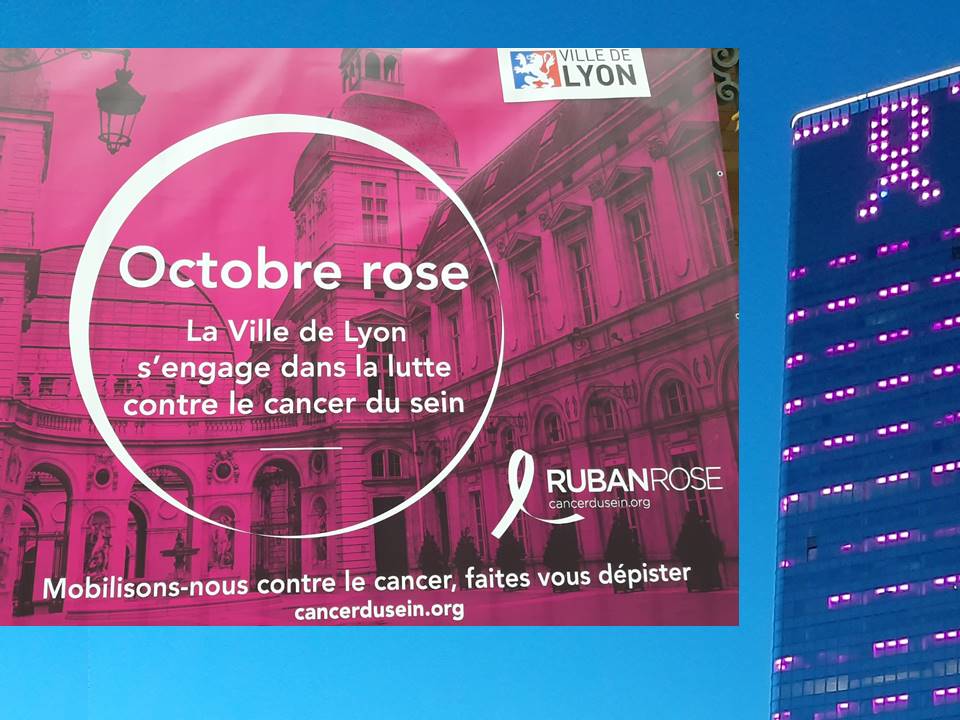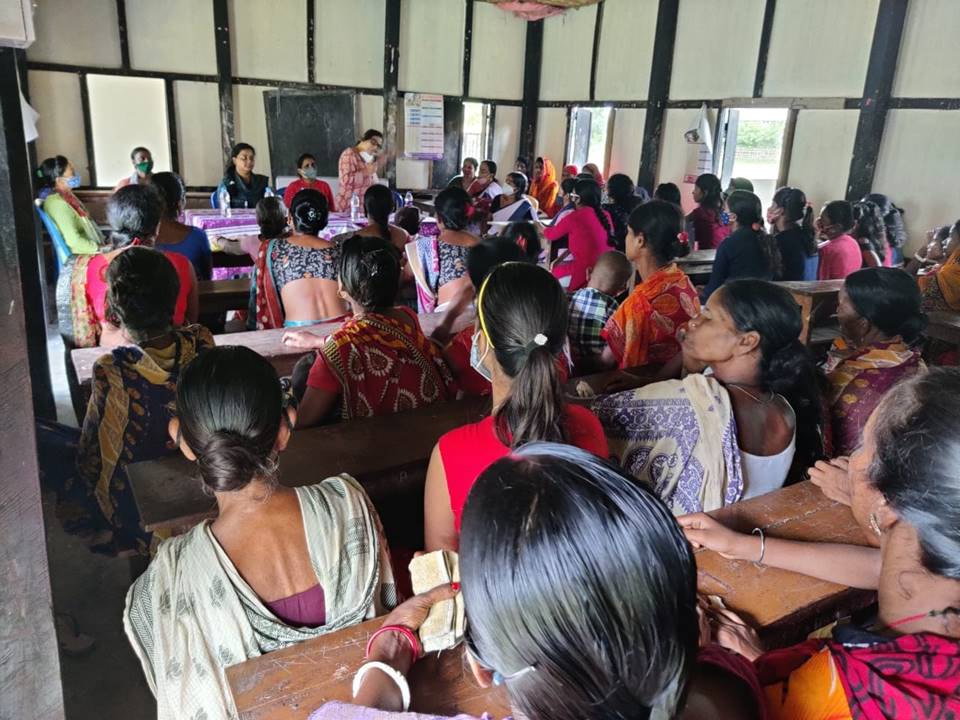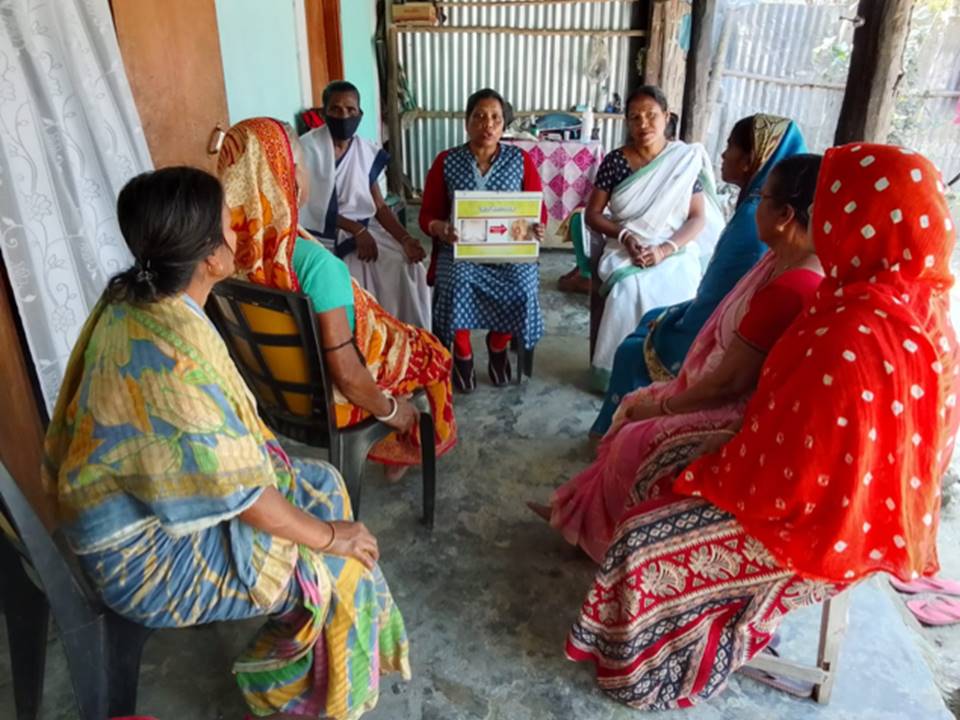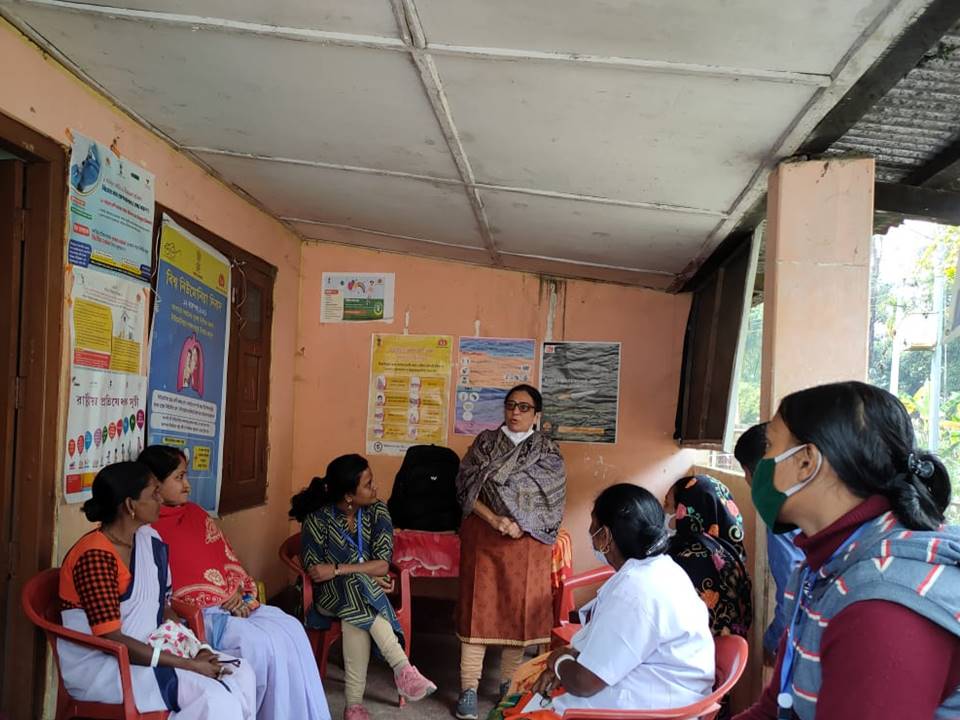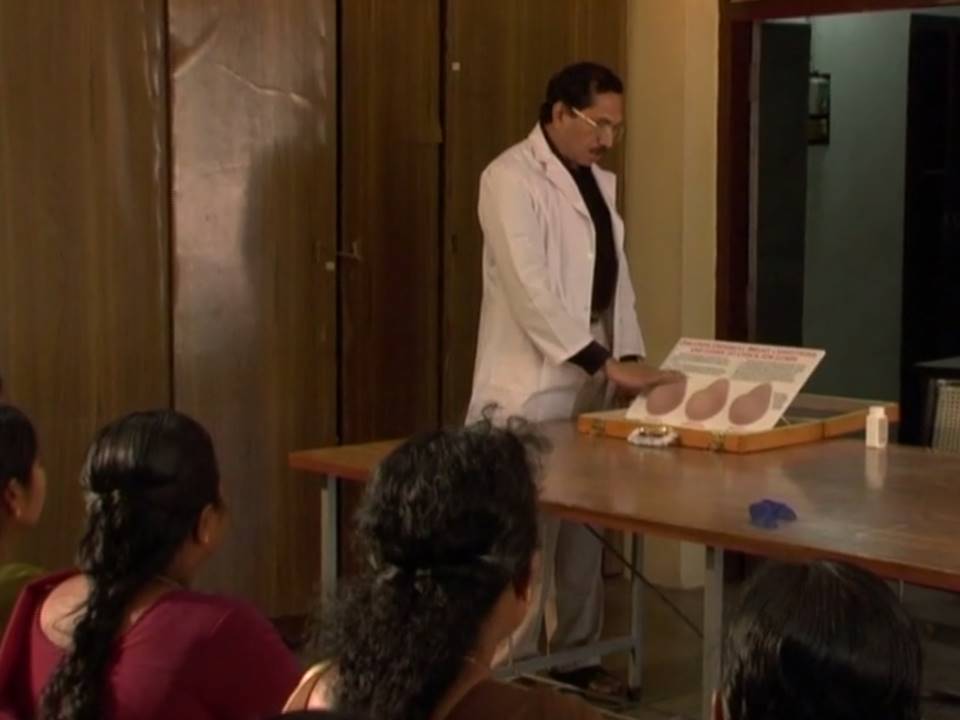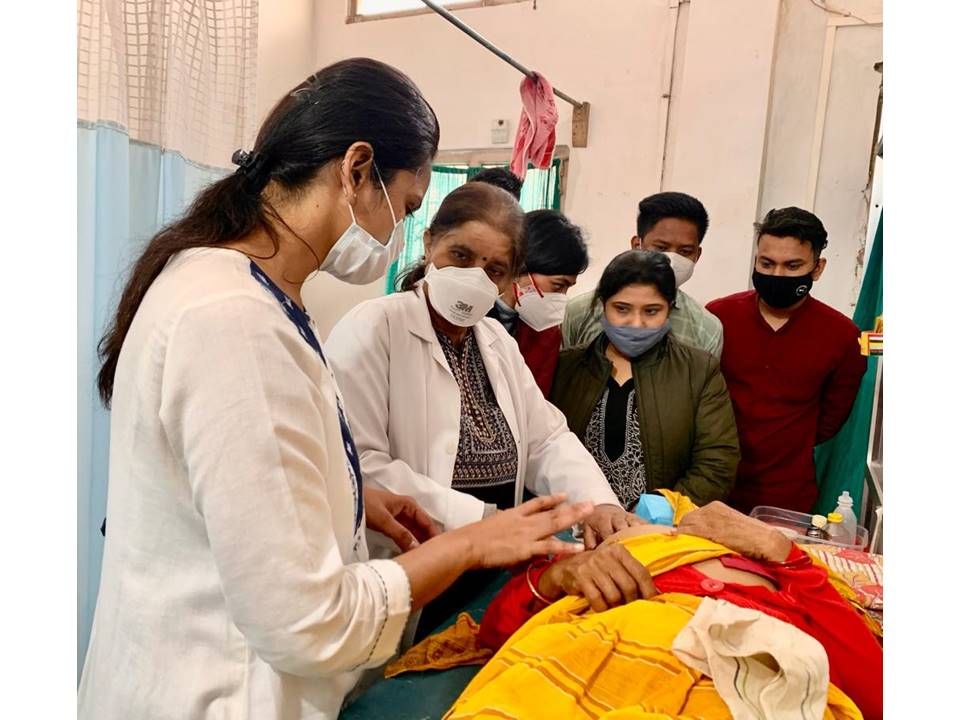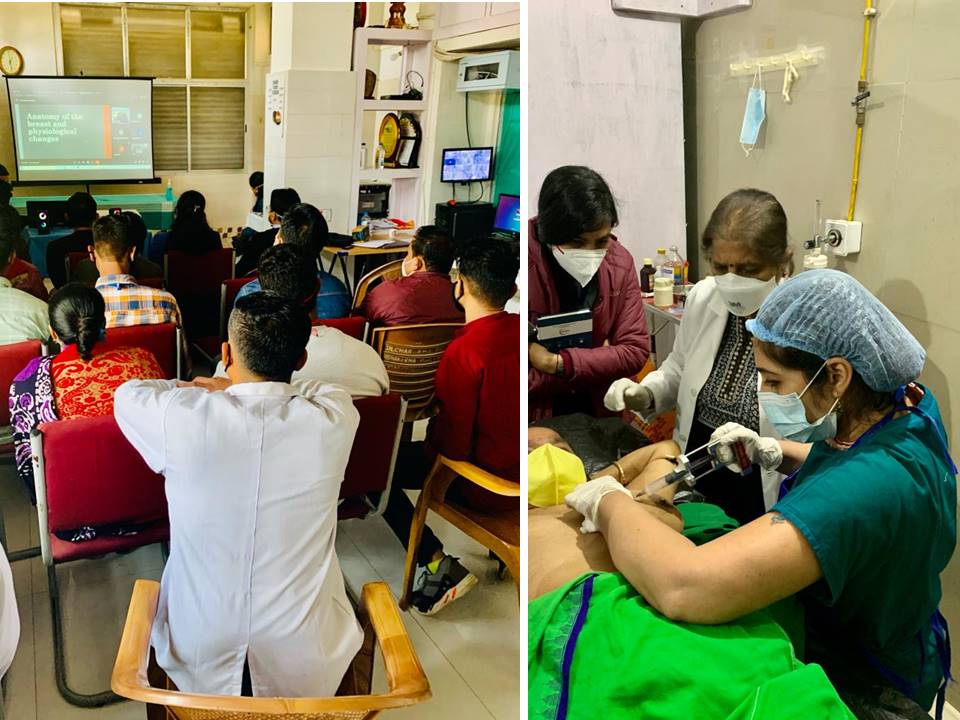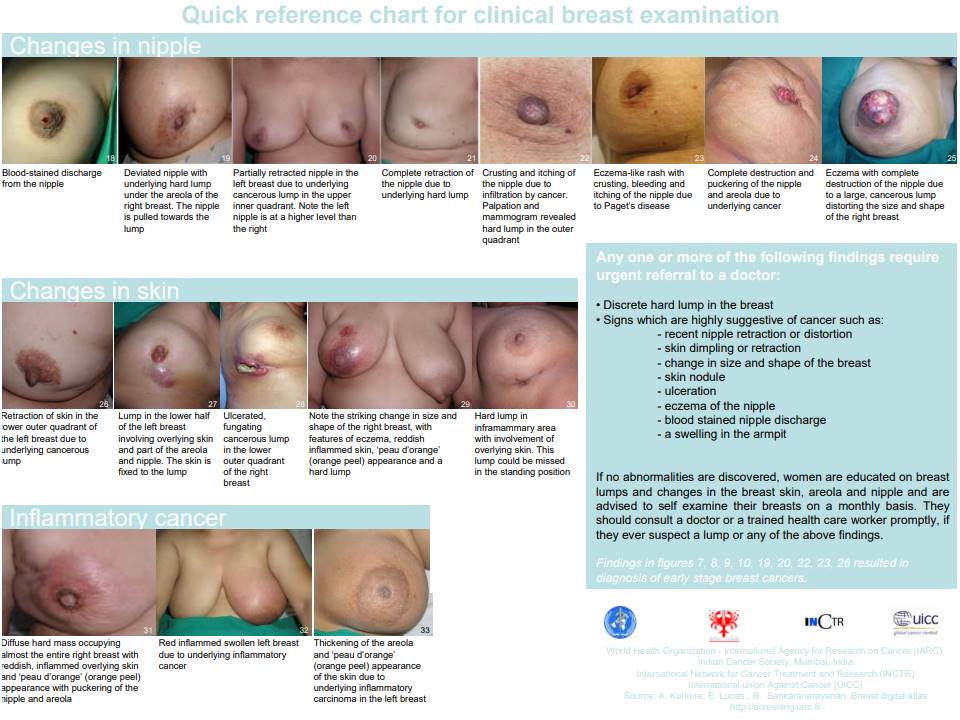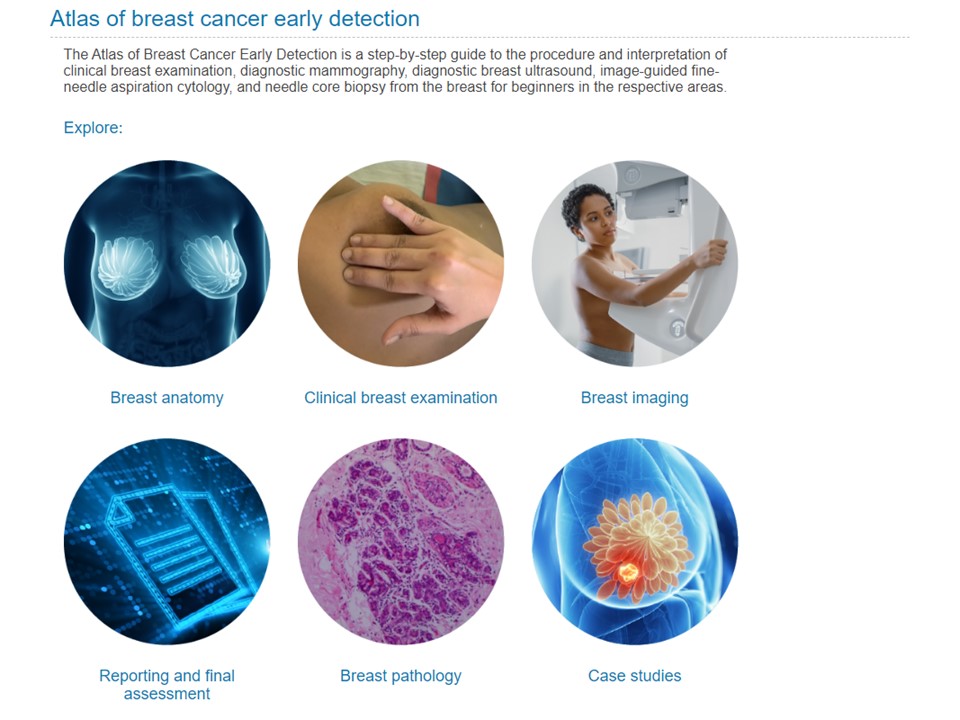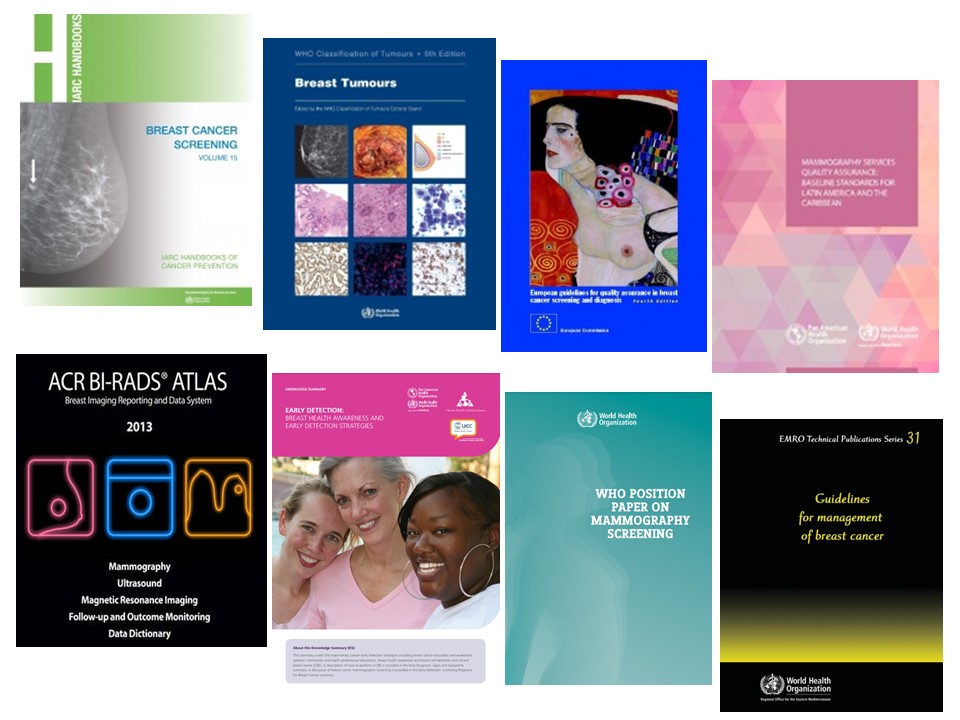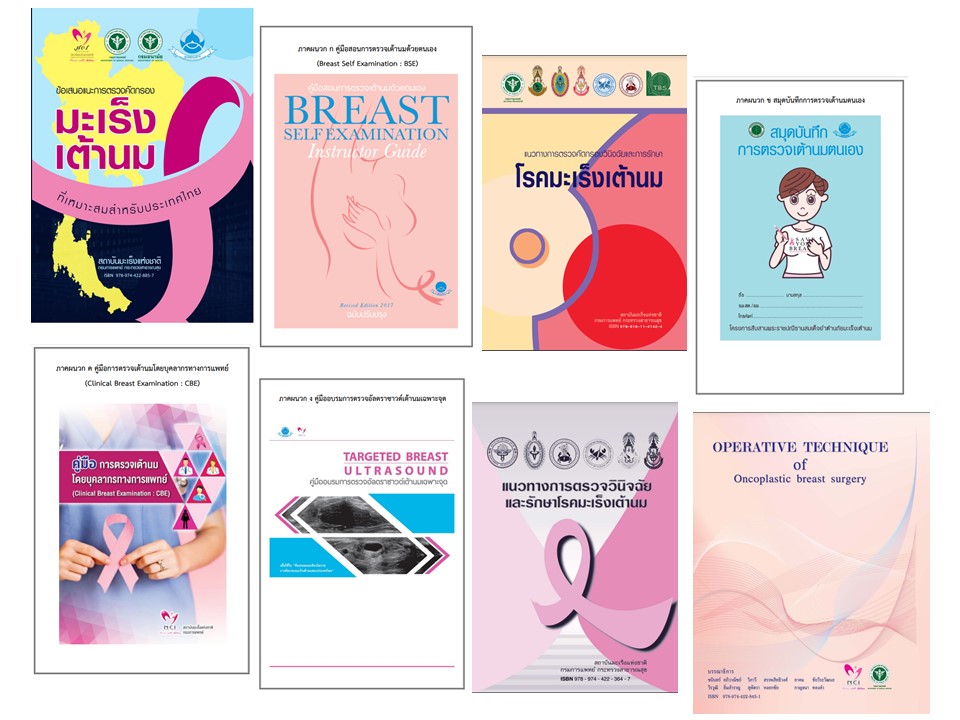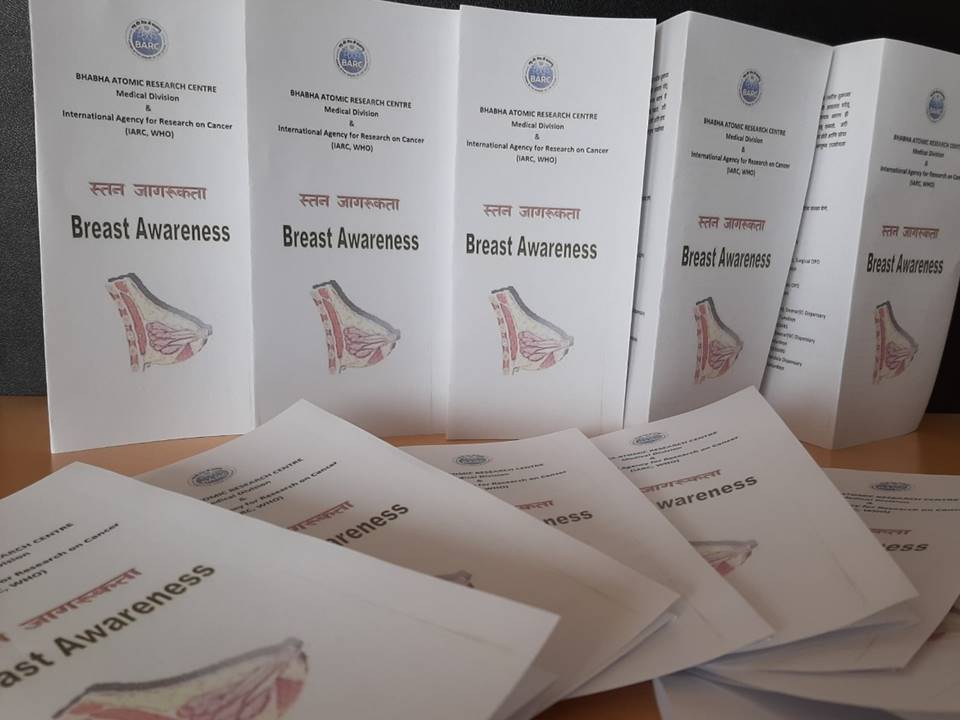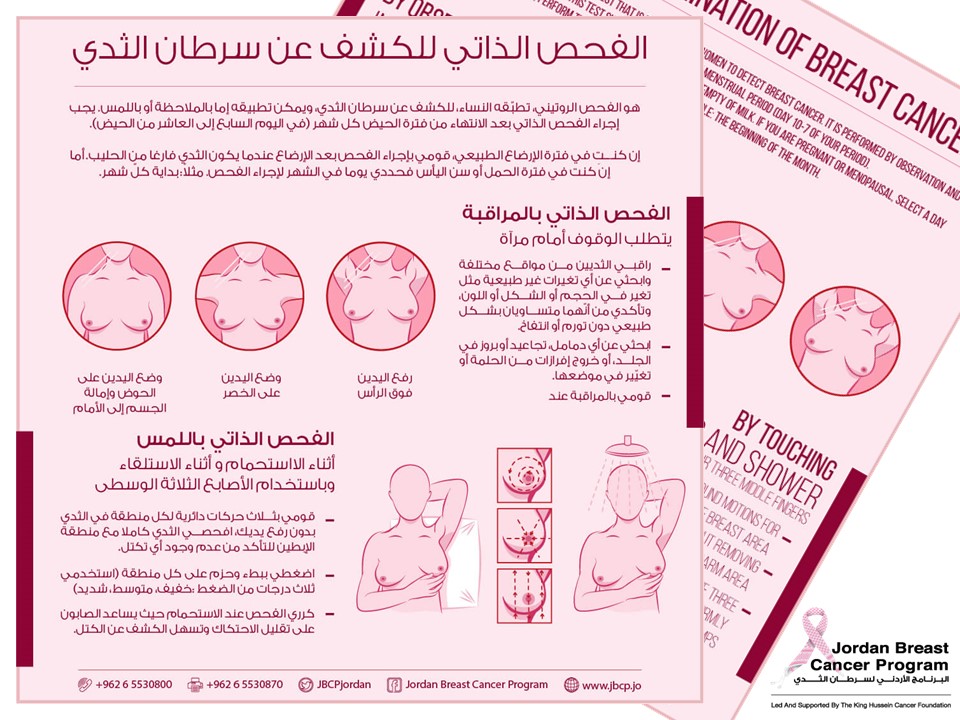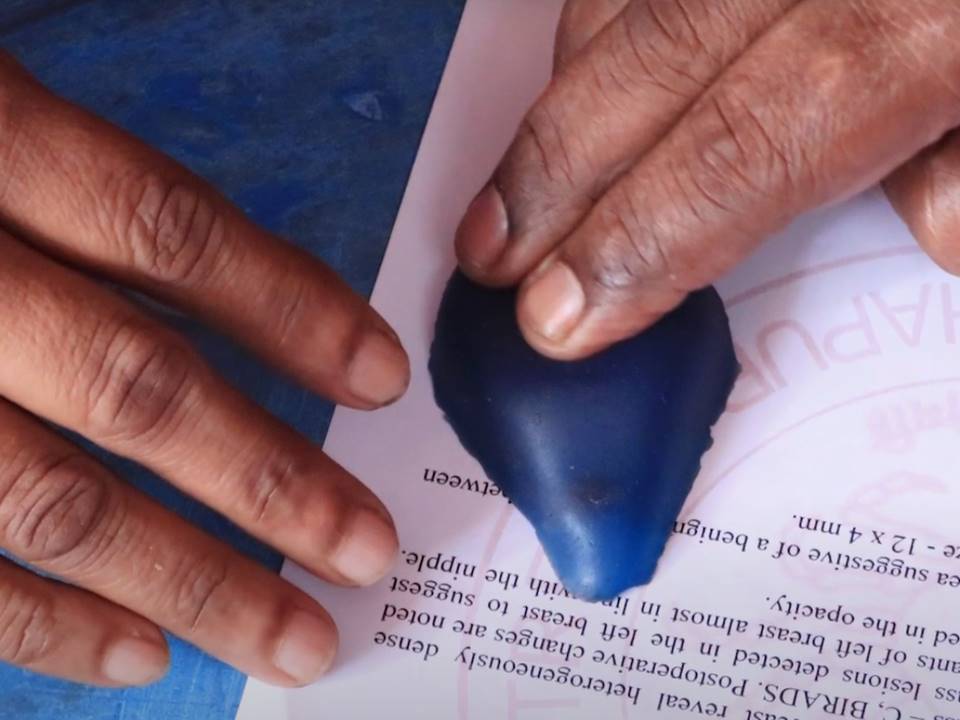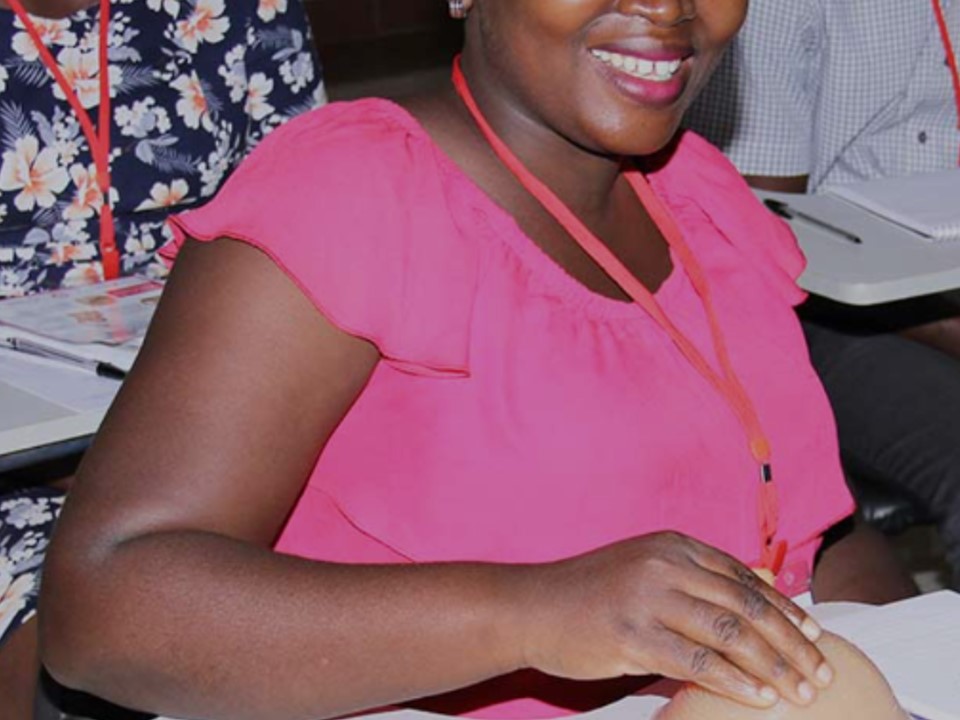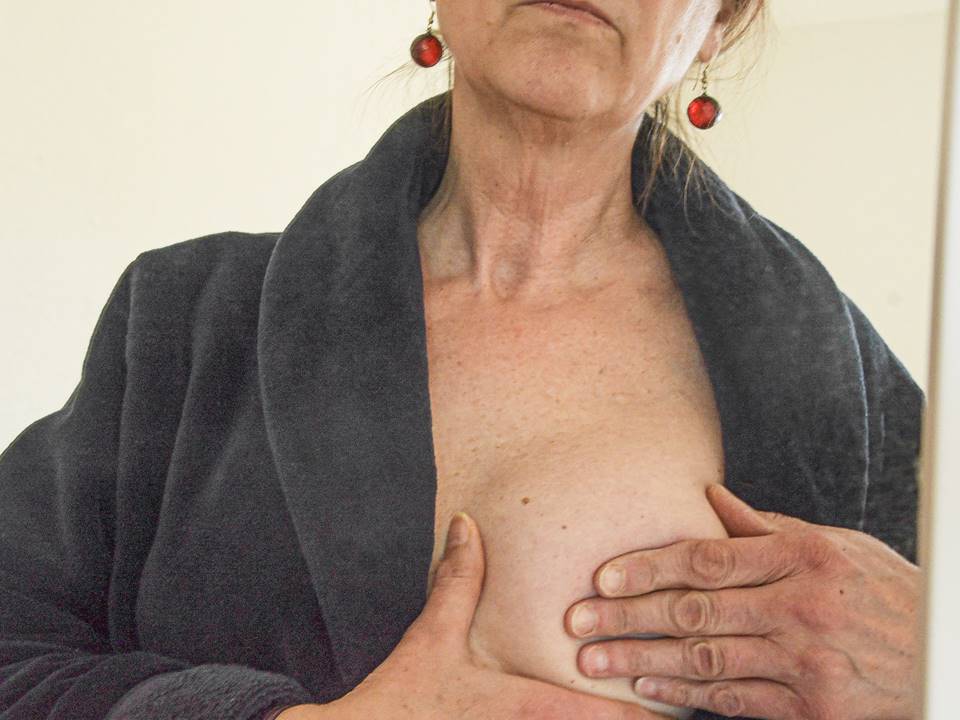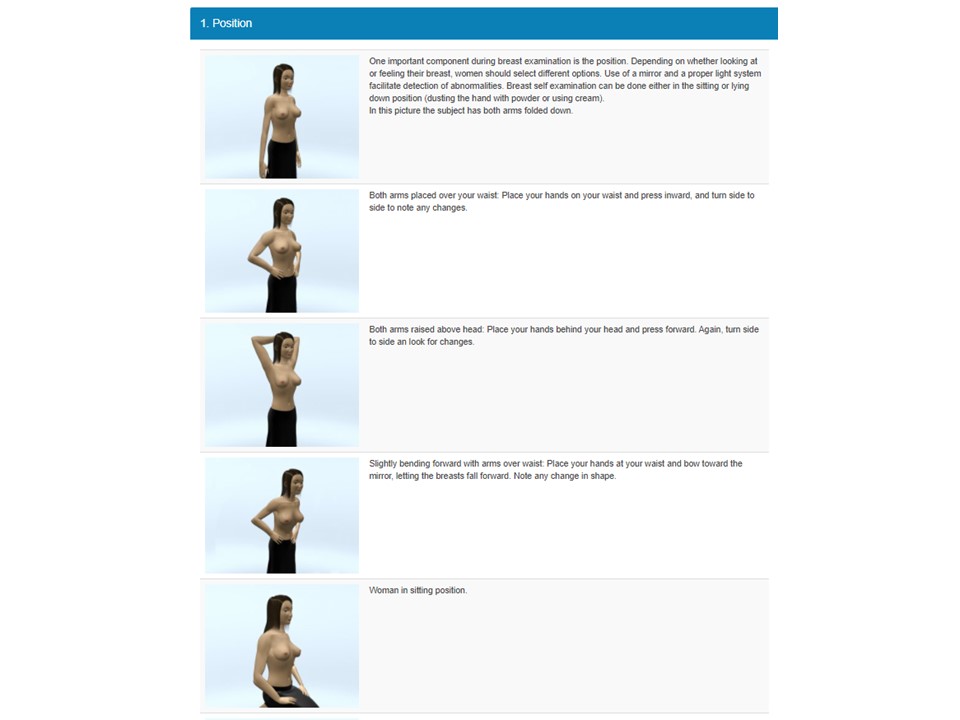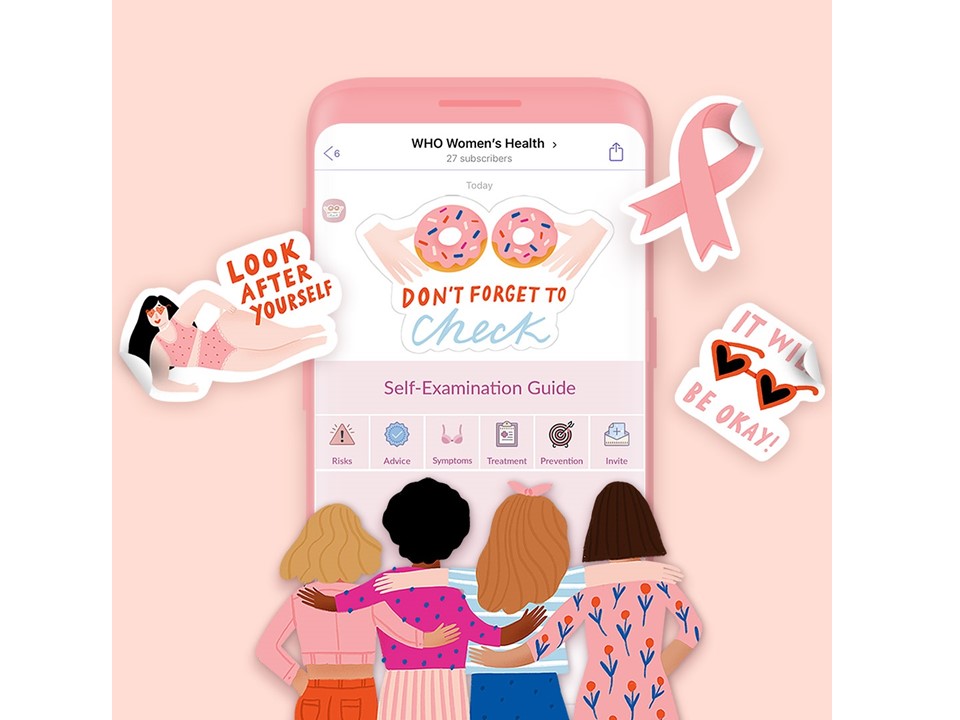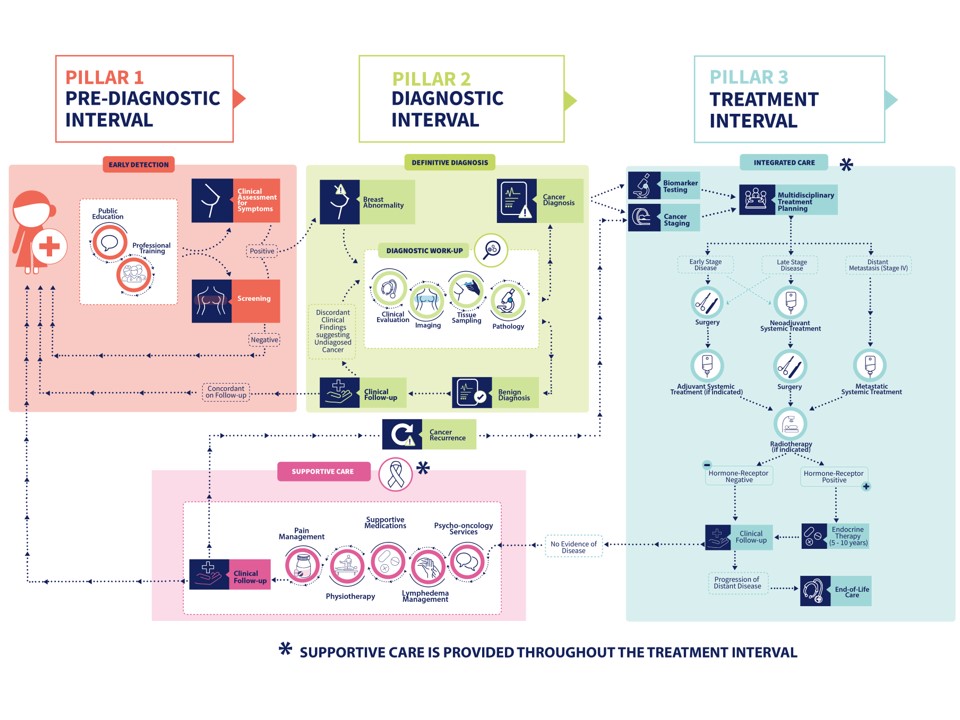Early detection of breast cancer significantly improves survival after treatment, permits less aggressive management, and improves the quality of life of the patient. Breast cancer can be detected early by systematic screening of asymptomatic women belonging to a specified target age. However, implementation of screening, which is essentially a mass-scale public health initiative, is complex and expensive, and is feasible only in well-resourced health-care settings.
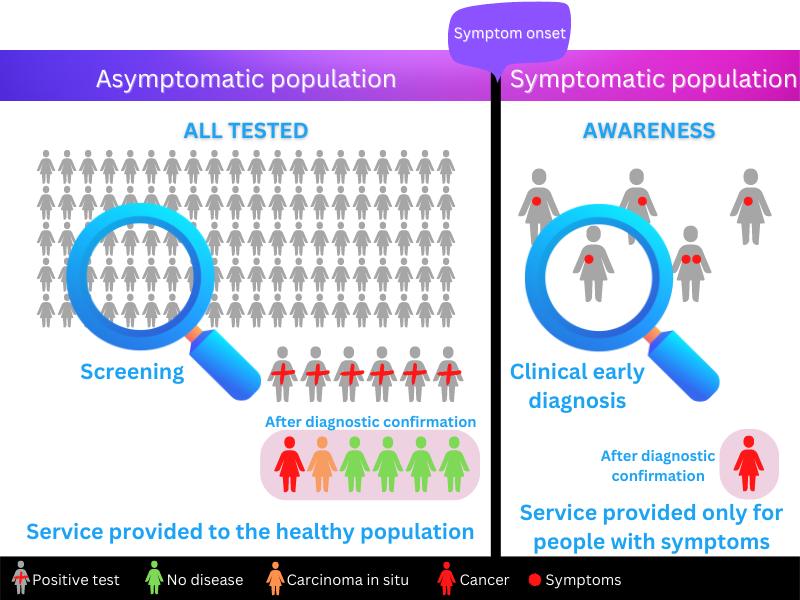
An alternative strategy for early detection of breast cancer is early diagnosis. By improving the health-seeking behaviour of women through improved community awareness and by ensuring their access to prompt diagnosis, the cancer can be detected at an early stage when treatment is highly effective. Implementation of early diagnosis is less resource-intensive and needs to be prioritized in every health setting.
Implementation of early diagnosis requires:
- organization of population awareness initiatives (e.g. Breast Cancer Awareness Month in October) to educate people about breast cancer prevention, the common symptoms of breast cancer and benefits of early diagnosis;
- programmes to teach women to check their own breasts for new changes from time to time;
- training of frontline health providers (general practitioners, nurses, and midwives) to be able to recognize the early symptoms and signs of breast cancer and to refer suspected cases appropriately without delay;
- enhancing the capacity of health systems to be able to evaluate the symptomatic women with appropriate diagnostic procedures.
- Population awareness initiatives
.png)








